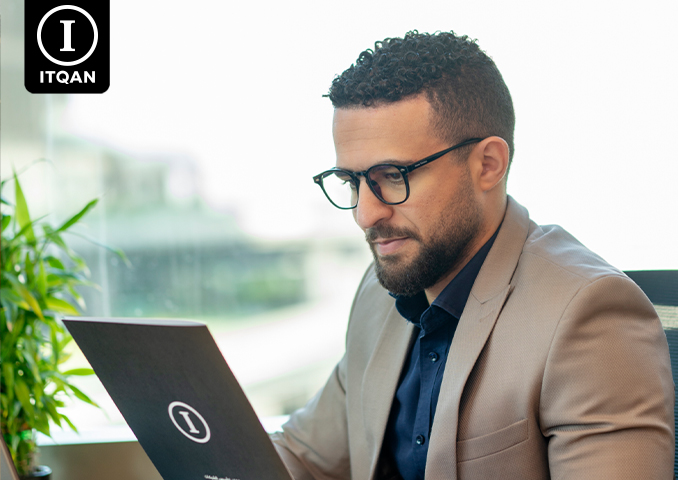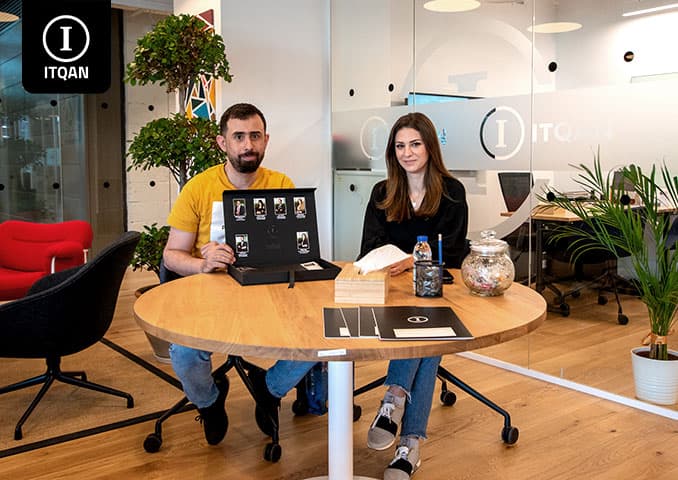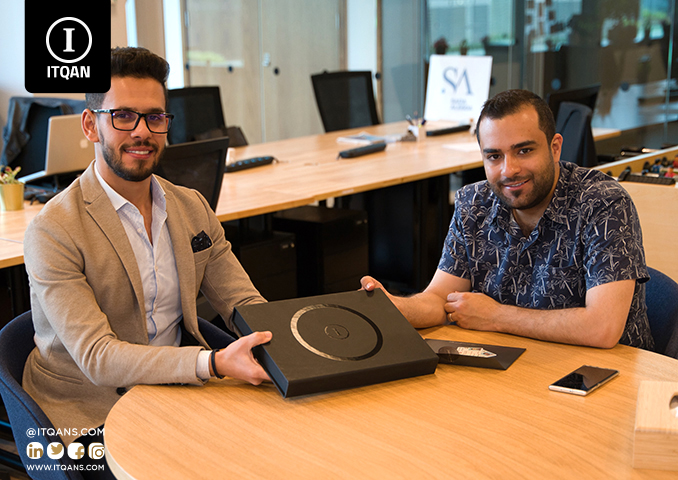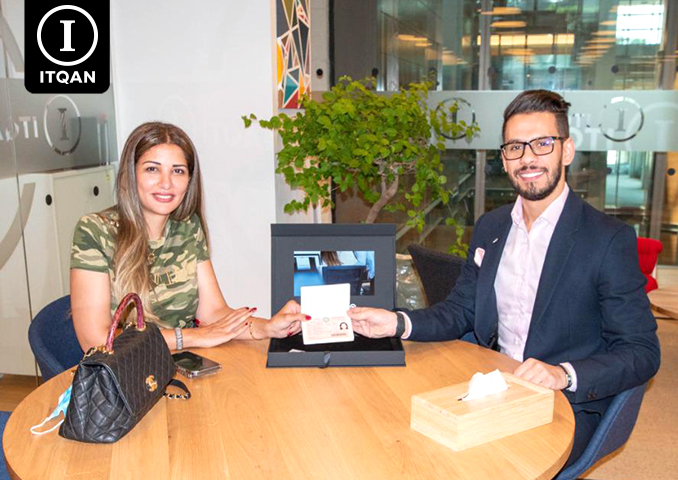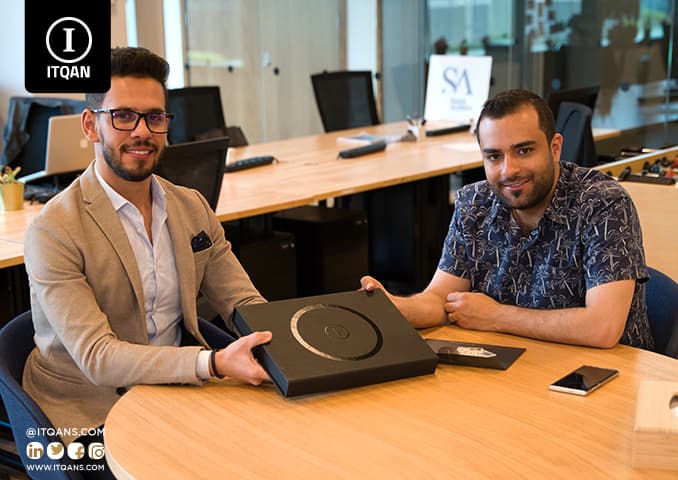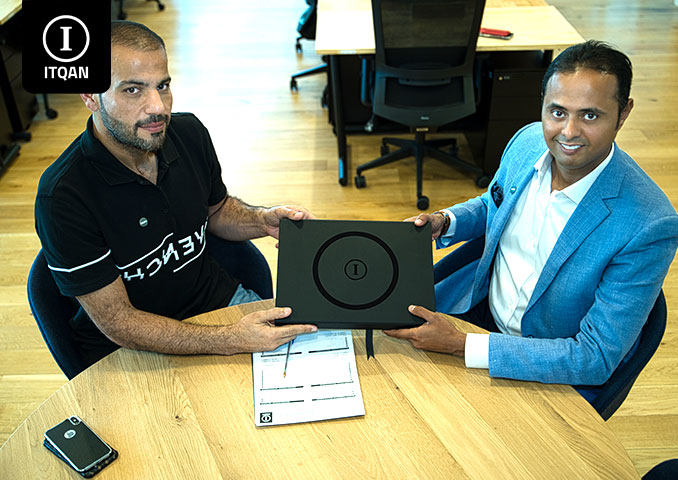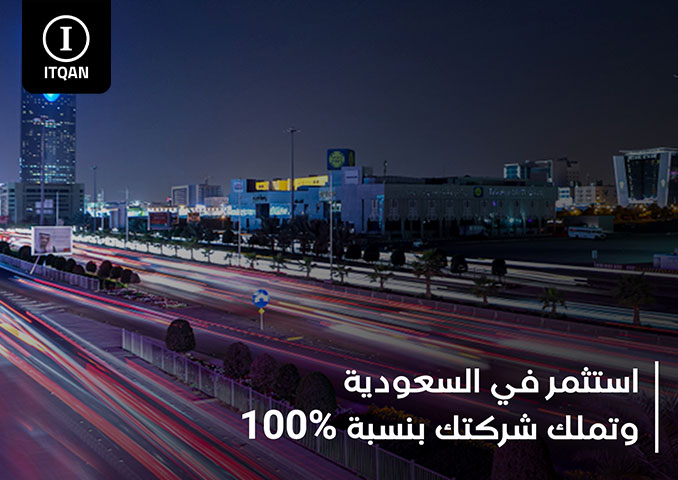Dubai is considered one of the most prominent investment destinations in the world, especially for Saudi investors looking to expand their businesses and invest their capital in an advanced and stable economic environment. Dubai is known for its modern infrastructure and flexible economic policies, making it an ideal destination for many economic sectors such as real estate, tourism, trade, and technology.
Dubai constitutes a distinguished investment gateway thanks to its strategic location linking the East and the West, in addition to the government facilities it provides to encourage foreign investment. The UAE government constantly seeks to improve the investment environment by providing financial incentives and tax exemptions, in addition to simplifying administrative procedures for investors. These efforts have made Dubai a global center for business and trade, hosting hundreds of international and local companies.
For Saudi investors, Dubai provides a unique opportunity to benefit from the economic and political stability of the UAE, in addition to the strong bilateral relations between the two countries. Geographical and cultural proximity also makes it easier for Saudi investors to communicate and work in Dubai. Dubai is also distinguished by its cultural diversity and tolerant environment, making it an attractive place for investment and work.
Despite global economic challenges, Dubai continues to attract Saudi investments thanks to its future vision and ambitious economic strategies. Investment opportunities in Dubai include multiple areas such as luxury real estate, hotels and resorts, e-commerce, and financial technology. Free business zones such as the Dubai International Financial Center (DIFC) and Jebel Ali Free Zone (JAFZA) provide advanced infrastructure and distinguished services that contribute to facilitating business and achieving sustainable growth.
In conclusion, investing in Dubai represents an ideal opportunity for Saudi investors seeking to diversify their investments and exploit promising opportunities in a prosperous and supportive economic environment.
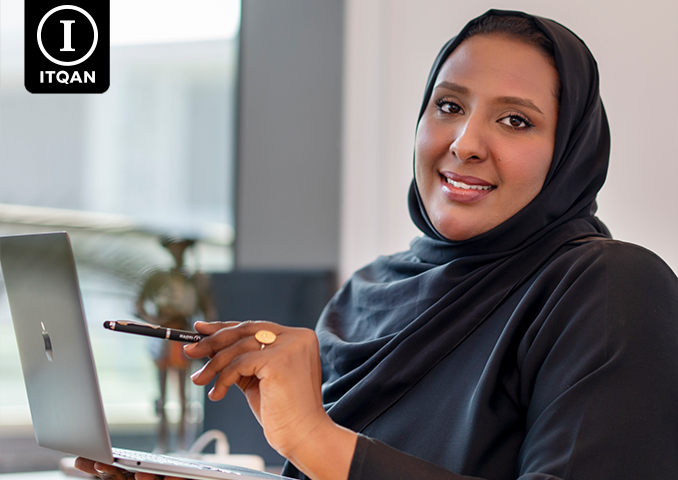
جدول المحتوى
ToggleSteps to invest in Dubai for Saudis
Investing in Dubai is an attractive strategic option for Saudi investors, as the emirate enjoys a developed investment environment and diverse opportunities, making it an ideal destination for achieving financial returns and benefiting from rapid and sustainable economic growth. Dubai is distinguished by its advanced infrastructure and supportive investment policies that attract investors from around the world, including Saudi investors who are looking for distinct investment opportunities:
1. Determine the type of business activity: The Saudi investor must determine the type of business activity he wishes to invest in, whether it is commercial, industrial, or service.
2. Choosing the company’s legal structure: Choosing the appropriate company type, such as a limited liability company (LLC), a free zone company, or a branch of a foreign company.
3. Trade name registration: Choose a unique and appropriate trade name for the company, and ensure that it has not been registered previously.
Submit an application to register the trade name with the Department of Economic Development (DED).
4. Obtaining initial approvals: Submit a request to obtain initial approvals from the competent authorities, based on the type of business activity.
5. Preparing legal documents: Preparing the company’s articles of association and articles of association.
Certification of documents by competent authorities such as a notary public.
6. Choosing a business location and leasing space: Choosing a suitable location for the company, whether it is an office, store, or factory.
Signing a lease contract for the site and submitting it to the competent authorities.
7. Obtaining a commercial license: Submit an application to obtain a commercial license from the Department of Economic Development.
Submit all required documents, such as the lease contract and legal documents.
8. Registering the company in the commercial registry: Registering the company in the commercial registry of the Department of Economic Development.
Obtaining a company registration certificate.
9. Opening a bank account: Opening a bank account in the name of the company in a local bank.
Submit required documents such as commercial license and registration certificate.
10. Obtaining additional permits (if any): Depending on the type of activity, there may be a need to obtain additional permits from other government agencies.
11. Compliance with legal and tax requirements: Ensure compliance with all legal requirements, such as registration in the value-added tax (VAT) system if necessary.
Compliance with requirements related to employment and social insurance.
12. Appointment of employees: Appointment of employees and submission of employment contracts.
Registering employees in the social security and health insurance system.
13. Starting commercial operations: After completing all procedures and obtaining the necessary licenses, commercial operations can begin.
14. Marketing and Promotion: Develop an effective marketing plan to promote the company and its products or services.
Using various marketing methods to reach the target audience.
15. Follow-up and development: Monitoring the company’s performance periodically and evaluating the results.
The economic sectors that most attract investment in Dubai
Between East and West, and its stable economic environment. Dubai offers a variety of investment opportunities that meet the needs of investors from around the world. The emirate attracts many leading economic sectors that contribute to enhancing economic growth and attracting investments. In this article, we will review the most important economic sectors that attract investment in Dubai :
1. Real estate and construction: The real estate sector in Dubai is considered one of the most attractive sectors for investors, thanks to major projects, luxury towers, and residential and commercial complexes.
Dubai provides distinguished investment opportunities in residential, commercial, and hotel properties.
2. Tourism and Hospitality: Dubai is a global tourist destination, thanks to its famous tourist attractions such as Burj Khalifa, Palm Jumeirah, and The Dubai Mall.
Investments in this sector include hotels, resorts, restaurants, and theme parks.
3. Technology and innovation: Dubai seeks to become a global center for technology and innovation, through initiatives such as “Dubai Internet City” and “Dubai Smart City.”
This sector includes startups in the fields of financial technology (FinTech), artificial intelligence, and blockchain.
4. Trade and logistics: Thanks to its strategic geographical location, Dubai is a global center for trade and logistics.
Jebel Ali Port and Dubai International Airport provide advanced infrastructure to support this sector.
5. Health and healthcare: The health sector in Dubai is witnessing continuous growth, with a focus on providing high-quality health services and advanced medical equipment.
Investment opportunities include hospitals, clinics, and specialized health centers.
6. Education and training: There are distinctive investment opportunities in the education sector in Dubai, from international schools to universities and training institutes.
Investments focus on improving the quality of education and providing innovative training programmes.
7. Industry and manufacturing: Dubai supports the industrial sector through specialized industrial zones such as Jebel Ali Free Zone and Dubai Industrial Zone.
Investment opportunities in this sector include manufacturing, assembly, and consumer products.
8. Energy and Renewable Energy: Dubai invests heavily in renewable energy projects such as solar energy and peaceful nuclear energy.
This sector also includes investments in improving energy efficiency and environmental conservation technologies.
9. Finance and banking: Dubai is a major financial center in the region, with many international banks and financial institutions.
Investment opportunities in this sector include banking, insurance, and asset management.
10. Entertainment and Media: The entertainment and media sector in Dubai provides various investment opportunities, including media production, cinema, and advertising.
Types of companies available for investment in Dubai
Here is a table showing the types of companies available for investment in Dubai:
| Type | the description | features |
|---|---|---|
| Limited Liability Company (LLC) | A company consisting of two to 50 partners. | Protection from debts and liabilities, easy expansion, foreign ownership up to 49%. |
| Individual Foundation | Owned and operated by one person. | Easy management and decisions, low establishment costs. |
| Public Joint Stock Company (PSC) | Its shares are available to the public and can be traded on a stock exchange. | Easily raise capital, transparency in operations. |
| Private Joint Stock Company (PRSC) | Its shares are not available to the public. | Better control by founders, flexibility in internal policies. |
| Branch of a foreign company | A branch of a company located outside the Emirates. | Facilitating the transition to the UAE market, no need for a local partner. |
| Representative office | It is used for marketing and market study purposes without doing business. | Low operating costs, ease of studying the market before full entry. |
| Free zone company | A company operating in a specific free zone. | 100% foreign ownership, tax exemptions, and facilitation in establishment procedures. |
Documents required for investment in Dubai
Here is a list of documents required to invest in Dubai. These documents vary slightly depending on the type of investment and business activity:
- Copy of Passport: A color copy of the passport must be valid.
- Personal photographs: Recent passport size photographs are usually requested.
- A copy of proof of address: such as a utility bill (such as electricity or water) or a rental agreement.
- Commercial register of the company (if any): If the investment involves establishing a company, the commercial register must be submitted.
- Business Plan: Some investment activities may require the submission of a detailed business plan.
- Government Licenses and Permits: Any government licenses or permits relevant to the business must be submitted.
- Certificates of academic qualifications (if available): In some investment activities, certificates of academic qualifications may be required for supervisors or employees.
- Health permits (if applicable): If the investment is in sectors such as health or food, the authorities may require health permits.
- Financial Reports: Some entities may request the company’s or investor’s latest financial reports.
- Investment application form (if available): Some free zones or private markets may require a special investment application form.
Successful investment strategies in Dubai
To make a successful investment in Dubai , here are some important strategies that can help you:
- Understanding the local market: Studying and understanding Dubai’s local market and local economic and legal trends is essential. Identifying the opportunities and challenges you may face is important for making informed investment decisions.
- Diversify investments: It is important to diversify your investments between the various economic sectors available in Dubai, such as real estate, trade, tourism, and financial services. This helps reduce risks and increase investment opportunities.
- Strategic Local Partnerships: Building partnerships with experienced locals can open the door to business opportunities and contribute to accelerating your operations and increasing success.
- Use of technology and innovation: Dubai is very supportive of technology and innovation, so this can be invested in improving business processes and increasing efficiency.
- Commitment to national economic trends: Following Dubai’s economic growth strategies and focusing on sectors targeted by the government can help exploit emerging opportunities.
- Effective risk management: Accurately assessing and managing risks is an essential part of any successful investment strategy in a changing environment like Dubai.
In conclusion, investing in Dubai is a promising strategic option for Saudis, as the emirate has many advantages that make it an attractive environment for investment. Dubai is characterized by a developed infrastructure, a strategic geographical location linking East and West, and a diversified economy that is growing at a rapid pace. Supportive government policies and a flexible regulatory environment are also considered key factors that contribute to facilitating investment procedures and providing an encouraging environment for business.
Dubai includes a wide range of diverse investment opportunities that suit various economic sectors, from real estate and hospitality, to technology, health and education. Real estate investment in Dubai is considered one of the most popular options, as it provides lucrative financial returns and long-term stability. Also, technological and innovative projects enhance Dubai’s position as a smart and sustainable city, attracting investors who want to benefit from technological progress and advanced digital infrastructure.


